As previously covered by Streiff, Reuters is reporting today that the White House is “exploring whether it can use an obscure ethics rule to undermine the special counsel investigation into ties between President Donald Trump’s campaign team and Russia.”
The potential for conflict here arises from the fact that “Mueller’s former law firm, WilmerHale, represents Trump’s son-in-law Jared Kushner … and the president’s former campaign manager Paul Manafort, who is a subject of a federal investigation.”
The Reuters article covers a potential conflict under the Code of Federal Regulations, which applies generally to executive agency appointees. That rule provides:
6. I will not for a period of 2 years from the date of my appointment participate in any particular matter involving specific parties that is directly and substantially related to my former employer or former clients, including regulations and contracts.
But in acting as general counsel, Mueller isn’t just an executive branch appointee – he’s also acting as an attorney, which means he’s bound by the special ethics rules which cover the profession. These rules create at least the potential for a much more serious conflict that the one created by the C.F.R. – one that would be much harder to resolve if it exists.
I’m not sure where Mueller is licensed, but most licensing jurisdictions follow some variation of the American Bar Association’s Model Rules of Professional Conduct. From those, Rule 1.9 is especially important:
Rule 1.9: Duties to Former Clients
(a) A lawyer who has formerly represented a client in a matter shall not thereafter represent another person in the same or a substantially related matter in which that person’s interests are materially adverse to the interests of the former client unless the former client gives informed consent, confirmed in writing.
(b) A lawyer shall not knowingly represent a person in the same or a substantially related matter in which a firm with which the lawyer formerly was associated had previously represented a client
(1) whose interests are materially adverse to that person; and
(2) about whom the lawyer had acquired information protected by Rules 1.6 and 1.9(c) that is material to the matter;
unless the former client gives informed consent, confirmed in writing.
Here, “person” includes the government. An investigation in which Kushner or Manafort might get in some sort of criminal trouble would clearly make the government “materially adverse” to both. And although the Reuter’s article notes that Mueller “did not represent Kushner or Manafort directly at his former law firm,” a conflict can exist under Rule 1.9 even when an attorney at a firm is not hired directly onto a case.
Additionally, there’s an important difference between the ethics rules that apply generally to executive appointees and the ethics rules that govern attorneys. While the Justice Department can waive Mueller’s conflict under the C.F.R. regulations, it can’t waive any professional obligations Mueller owes to Kushner or Manafort. Assuming there’s a conflict, only Kushner and Manafort could waive it.
That difference comes from the different purposes underlying the different rules. Unlike the C.F.R. provision (which is presumably intended to keep executive appointees from giving special treatment to their old associates), the attorney ethics rules are meant to protect former clients. People give all sorts of sensitive and embarrassing information to their attorneys, trusting that that their attorneys won’t later turn around and use that information against them. Like the attorney-client privilege, the attorney ethics rules exist to facilitate trust and communication within the attorney-client relationship. As a result, they’re built to protect clients and former clients – not the government.
So the real crux of the issue with the Rules of Professional Conduct is whether someone at Mueller’s firm got information from Kushner or Manafort which might be used against either in the present investigation, and whether Mueller had access to it. In other words, it matters what (a) Kushner and Manafort hired Mueller’s firm to do and (b) what information might have been transmitted to the firm and made available to Mueller as a result of that hiring.
The commentary to Rule 1.9 gives some context:
[5] Paragraph (b) operates to disqualify the lawyer only when the lawyer involved has actual knowledge of information protected by Rules 1.6 and 1.9(c). … [6] Application of paragraph (b) depends on a situation’s particular facts, aided by inferences, deductions or working presumptions that reasonably may be made about the way in which lawyers work together. A lawyer may have general access to files of all clients of a law firm and may regularly participate in discussions of their affairs; it should be inferred that such a lawyer in fact is privy to all information about all the firm’s clients. In contrast, another lawyer may have access to the files of only a limited number of clients and participate in discussions of the affairs of no other clients; in the absence of information to the contrary, it should be inferred that such a lawyer in fact is privy to information about the clients actually served but not those of other clients. In such an inquiry, the burden of proof should rest upon the firm whose disqualification is sought.
WilmerHale is a big law firm – they have lots of attorneys working in a lot of different areas of the law. It’s entirely possible that Kushner and Manafort each hired WilmerHale to work on issues which have nothing at all to do with the current investigation. It’s also possible that Mueller had nothing whatsoever to do with either client. But just having access to the information can be enough to create a problem. In that event, it would relevant whether WilmerHale uses some sort of file management system which would have restricted Mueller’s access to the information the firm obtained from Kushner and Manafort.
If the Reuters report is correct and the White House is actually looking into using the C.F.R. provision to block Mueller, then they’re probably also considering whether a challenge can be brought under Rule 1.9. If there is actually a conflict, either Kushner or Manafort would have standing to challenge Mueller’s participation in the investigation.
And to be fair to Mueller and WilmerHale – attorneys regularly check for conflicts when they take on new work (there’s a malpractice risk in not doing so). There’s every reason to assume Mueller and WilmerHale checked for a conflict here and that they concluded there was no problem. But at the same time, former clients aren’t bound by their old attorney’s assessment of whether there’s a problem. In the event of a challenge, it would be on Mueller to prove that he’s allowed to take on the special counsel role.
If Kushner or Manafort do end up objecting, none of us should think less of them for it. Confidentiality and loyalty are core components of the attorney client relationship. None of us would be happy, having disclosed secrets to a law firm, if lawyers from the firm then turned around and began investigating us in a criminal case. If Mueller did have access to information from Kushner and Manafort, he owes it to them to let someone else fill the special counsel role.
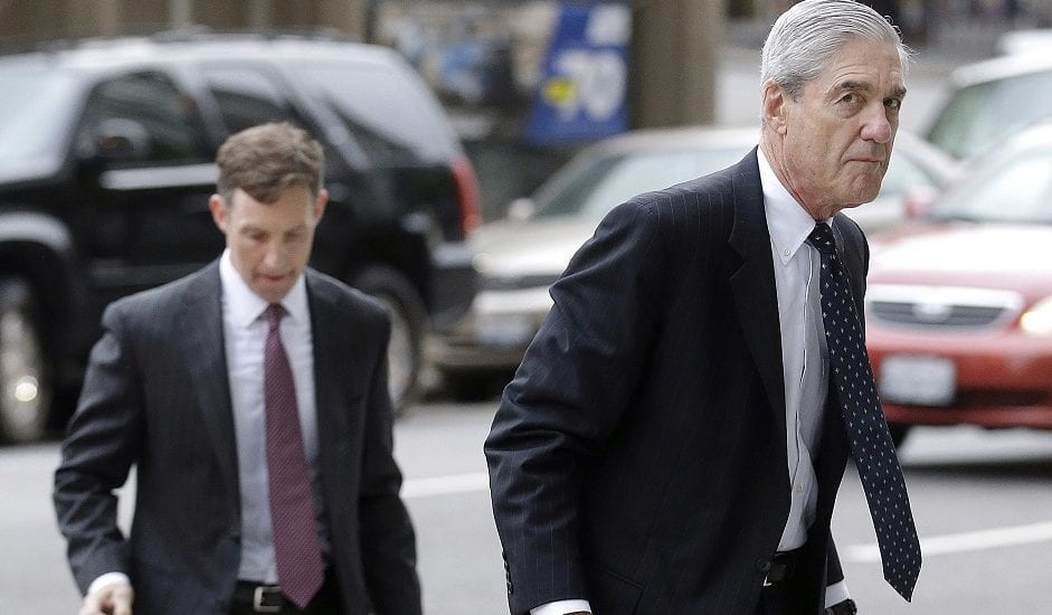

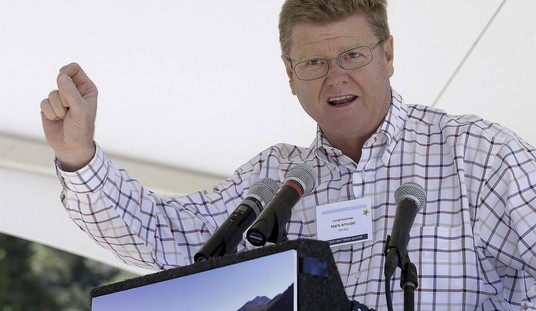

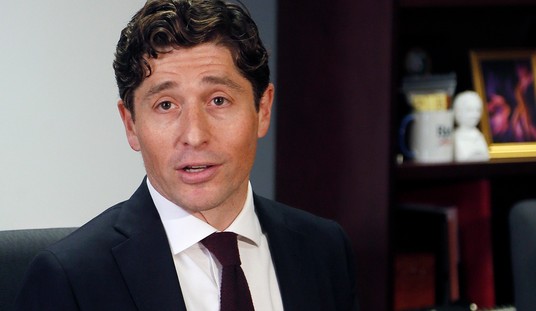


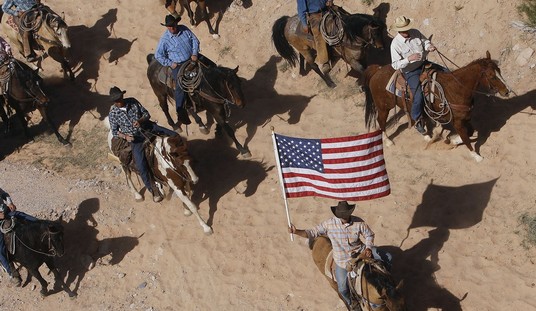




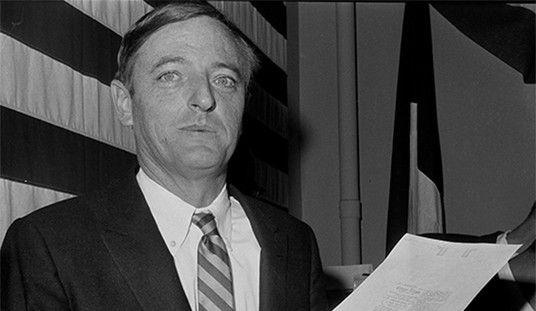
Join the conversation as a VIP Member